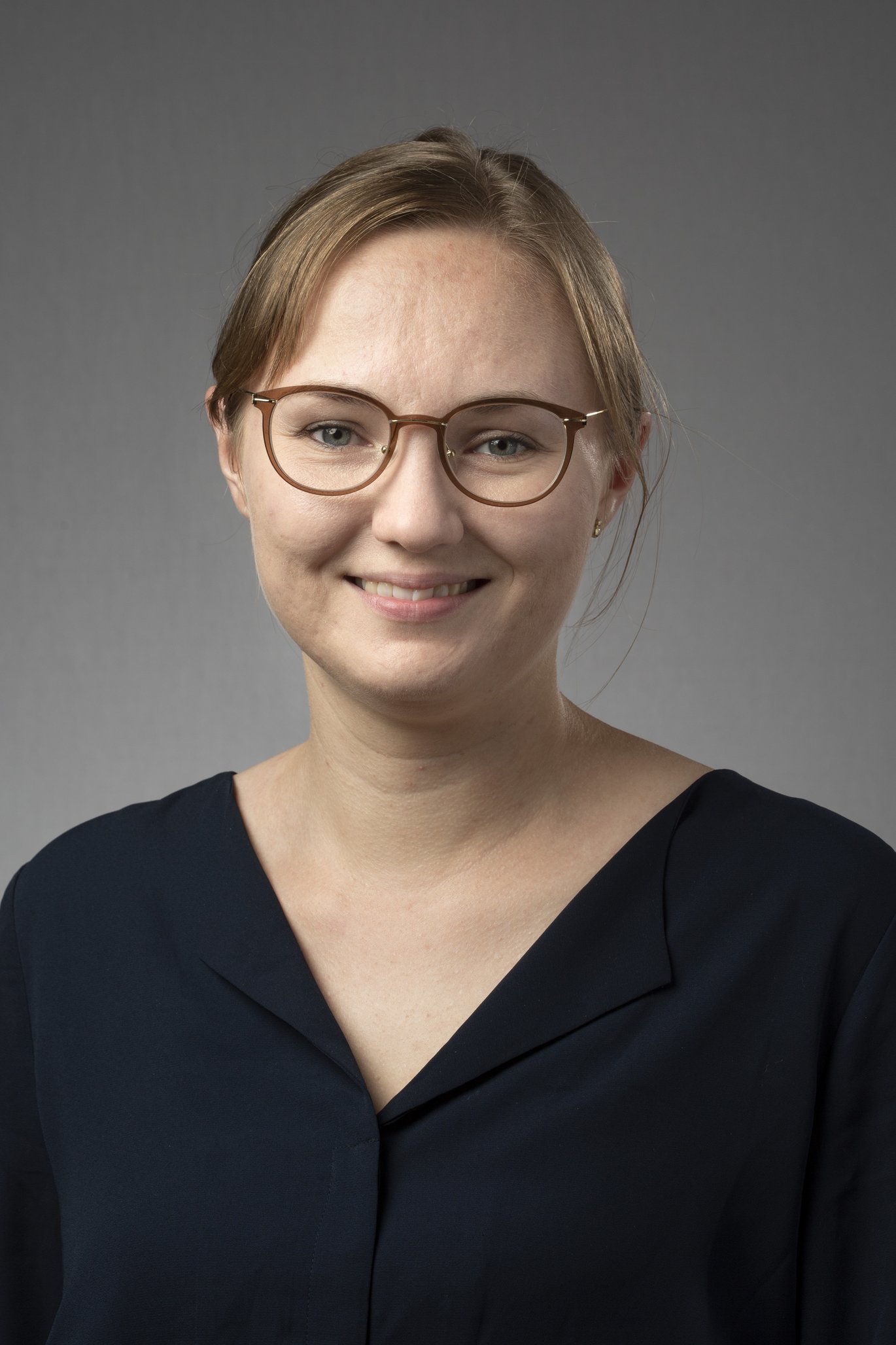New study: Mental illness obstructs cancer screening
A new study from Aarhus University shows that far too many people with psychological challenges do not accept offers of colorectal cancer screening. This is a problem, given the higher cancer mortality for Danes with mental illness.

Approx. 5,000 Danes are struck by colorectal cancer each year. As the disease affects people over 50 years in particular, all Danes between 50-74 are offered a free screening to detect this type of cancer early. But far from everyone accepts the offer, and Danes with mental health issues in particular are less likely to accept the offer. These are the results of a study from the Department of Clinical Medicine at Aarhus University, which has just been published in the prestigious journal The Lancet Psychiatry.
The study is the first to investigate the influence of mental illness on participation in a national screening programme based on submission of stool samples. And Mette Kielsholm Thomsen, postdoc and the researcher behind the study, is concerned about the results.
"We found significantly lower participation in colorectal cancer screening among people with severe mental disorders in psychiatric treatment or on antipsychotic medicine. In fact, people with much more common and milder mental disorders and problems are also less likely to participate compared with people without these disorders and problems," she explains.
In the study, Mette Kielsholm Thomsen used data from 2,036,352 Danes over 50 years of age who have been offered screening for colorectal cancer. The study shows that participation among men with serious mental disorders is 13.8 percentage points lower than people without mental illness, while this figure is as high as 15.4 percentage points for women. Furthermore, milder mental disorders, e.g. requiring antidepressants or psychological treatment, but not psychiatric treatment, have an influence on whether people take part in screening," says Mette Kielsholm Thomsen.
"We found that people with mild mental illness are also less likely to participate in screening programmes. This is a serious problem, because they constitute a relatively large group, and this involves a risk that the cancer will not be detected in time."
Can have serious consequences
The risk of developing and dying from colorectal cancer increases with age. The public sector offers this screening programme to detect the cancer early and prevent it from spreading. Previous studies have shown that people with mental disorders have the same risk of developing cancer as the general population, although they have higher cancer mortality. Therefore, it is important that screening programmes focus on the barrier presented by mental challenges for many Danes, says Mette Kielsholm Thomsen.
"The screening programme for colorectal cancer should be adapted to meet any needs, e.g. by practitioners in psychiatry or GPs providing the necessary support for people with mental illness to participate in screening programmes."
In screening for colorectal cancer, citizens send a stool sample to be tested. If there are signs of blood in the stool, the citizen is invited to a follow-up endoscopy. However, the study shows that Danes with mental disorders are also less likely to accept the endoscopy, says Mette Kielsholm Thomsen:
"We can see that when they do take part in the screening, there are more often signs of blood in their stools than for the rest of the population, but fewer of them accept the follow-up endoscopy, and therefore they don’t complete the full screening programme."
Mette Kielsholm Thomsen hopes that the study will contribute to increasing focus on helping Danes with mental illness to participate in, and complete, cancer screening programmes.
"I hope that the Danish Health Authority and other relevant stakeholders will take the study seriously and consider how we can reduce the barriers for people with mental illness that obstruct them from participating in preventative health services," she says.
The research results - more information
- Type of study: Register-based study of data from the Danish colorectal cancer screening programme
- Partners: The Danish Cancer Society's National Centre for Cancer Survivorship and General Late Effects: CASTLE, Copenhagen University Hospital - Rigshospitalet, the Department of Clinical Epidemiology at the Department of Clinical Medicine at Aarhus University..
- External funding: The Danish Cancer Society and the Danish Health Foundation.
- Read more in the scientific article: https://www.thelancet.com/journals/lanpsy/article/PIIS2215-0366(23)00179-7/fulltext
Contact
Postdoc Mette Kielsholm Thomsen
The Danish Cancer Society's National Centre for Cancer Survivorship and General Late Effects (CASTLE)
Mail: mette.kielsholm.thomsen@regionh.dk
Associate Professor Ellen Margrethe Mikkelsen
Aarhus University, the Deparment of Clinical Medicine - Department of Clinical Epidemiology
Mail: em@clin.au.dk
